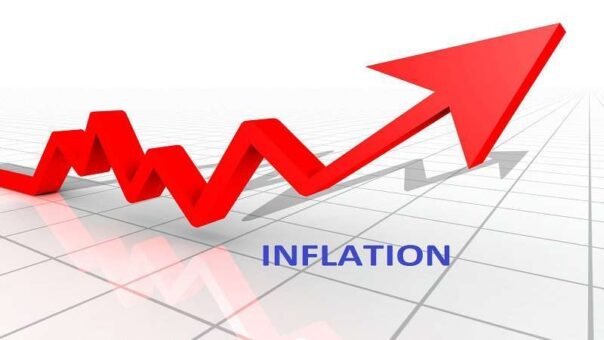Karachi, October 27, 2023 – Pakistan experienced a notable decline in weekly inflation, thanks in part to a reduction in petroleum prices.
The Pakistan Bureau of Statistics (PBS) on Friday released its weekly inflation report, based on the Sensitive Price Indicator (SPI), reflecting a positive trend in essential commodities pricing.
Analysts attributed this recent relief in essential item prices to the government’s decision to reduce petroleum prices for the month of October 2023, which had a cascading effect on various sectors of the economy.
The latest figures from the PBS showed that the SPI for the week ending on October 26, 2023, had decreased by 0.33 percent. This decline is a positive indicator for the economy, as it means that the cost of essential goods and services has become more affordable for consumers.
A breakdown of the data reveals significant reductions in the prices of several key commodities. Chicken prices fell by 10.19%, onions by 4.4%, Rice IRRI-6/9 by 3.84%, bananas by 3.64%, gur (jaggery) by 3.4%, pulse masoor by 2.36%, sugar by 2.22%, and mustard oil by 2.17%. These price decreases contributed to a reduction in overall inflation rates for the week.
Conversely, some items saw price increases during the same period. Tomatoes prices surged by 20.81%, potatoes by 3.33%, eggs by 1.63%, salt powdered by 0.91%, garlic by 0.77%, tea prepared by 0.67%, plain bread by 0.56%, and mutton by 0.28%.
Out of 51 items considered in the report, the prices of 14 (27.45%) increased, 17 (33.33%) witnessed decreases, and 20 (39.22%) remained stable, emphasizing the volatile nature of consumer prices.
Taking a broader perspective, the year-on-year trend reveals a 29.65% increase in overall inflation. Significant price hikes were noted in gas charges for Q1 (108.38%), cigarettes (94.46%), chili powder (84.11%), rice basmati broken (78.51%), wheat flour (77.49%), sugar (63.22%), rice IRRI-6/9 (62.83%), gents’ sponge chappal (58.05%), gur (57.73%), and salt powdered (54.84%).
In contrast, some items experienced a decrease in prices on a year-on-year basis. Tomatoes prices saw a significant drop of 31.90%, followed by onions at 24.88%, pulse gram at 5.82%, mustard oil at 4.16%, and vegetable ghee (1 kg) at 0.92%.
The fluctuation in prices of essential items, as indicated by the SPI, is influenced by a myriad of factors, including global market dynamics, supply and demand, weather conditions, and government policies such as adjustments in fuel prices. Consumers, businesses, and policymakers closely monitor these fluctuations as they have direct implications on the cost of living and economic stability.
As Pakistan’s economy continues to recover and evolve, managing inflation remains a key priority for economic policymakers. It is essential to strike a balance between addressing inflationary pressures and supporting economic growth, ensuring that essential commodities remain affordable for the general population.
In conclusion, the recent decline in weekly inflation in Pakistan is a welcome development for consumers and the economy as a whole. The reduction in petroleum prices and the subsequent easing of essential item prices indicate positive trends that contribute to economic stability and affordability for consumers. Balancing inflationary pressures remains a key focus for policymakers, ensuring that essential goods remain accessible to the broader population.
